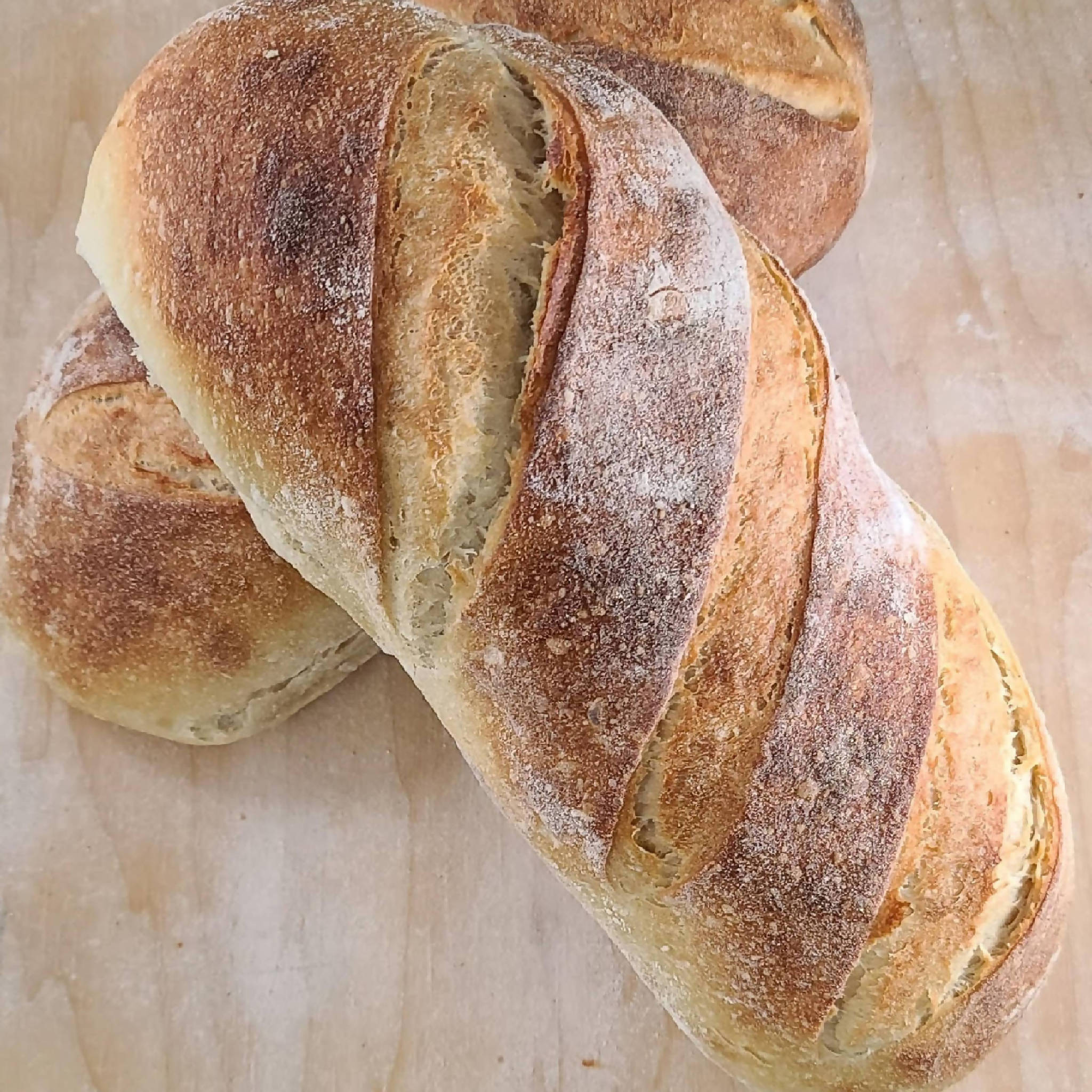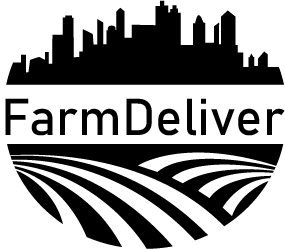
What Is Hyper-Local Food Production?
We wanted to find a way to describe food that's locally produced all the way down the supply chain. We call it "hyper local." There are degrees of local: take a look at each ingredient or resource that went into producing a food, whether it's the milk you drink, the cow it came from, or the hay it ate--where do each of those resources come from? The more ingredients and resources that are sourced closer and closer to the place of final consumption, the more local it becomes.
Gaston's is an example of a Boise-based food producer that's "hyper local." Here's how:
1. Gaston's bakes your bread and pastries by hand at their neighborhood bakery on the Boise Bench. What's the main ingredient? Flour.
2. Much of the flour used in their bakery is milled on site.
3. Before the flour was flour, it was grains of wheat, including wheat grown in Idaho.
Hyper-local food production means local food ownership. It means that the community eating the food is also producing the food. It can mean better, closer access to fresher food. Buyers of local food are directly funding the healthy calories that keep their community alive.
What Makes Gaston's Special? Nutritionally Intact Flour.
Most of Gaston's house-milled flour is made from wheat grown in Idaho. Most of the grain they use is a hard red spring wheat but they also mill a hard white wheat. In November the year this article was written, for example, Gaston's flour was made from wheat harvested in Filer, Idaho.
Controlling the milling process allows Gaston's to produce higher quality, healthier breads and an amazing flour that's flavorful and locally produced.
To make flour, Gaston's uses a specialized impact-mill called a UNIFINE mill. It is a single-pass system that pulverizes the wheat on impact and then shoots the wheat through a filter to sift off the bran. As a result, the flour is produced with a 90% extraction rate. This means it has almost all the nutrition still intact.
Most commercially milled flours lack nutritional value completely and are over-processed to uselessness. When wheat is processed through extensive roller mills, all oils and germ are expelled from the product and replaced ("enriched") with some minerals and protein to create a functional flour again. Gaston's skips the extensive processing and bleaching to make a wholesome flour.
Food & Wine Magazine's Best Bread in Idaho
Gaston's Bakery & Mill is active 24 hours a day starting in the morning with the mixer. They finish baking late at night to keep up with a growing demand for nutritious, local bread.
Gaston's croissants and Kouign-Amann are locally famous for a reason. Their wholesome organic seeded wheat bread makes it easier to switch off white bread if that's what you're trying to do.
Alongside other awards and accolades, Gaston's Bakery & Mill was recently listed among the best bakeries in America by Food & Wine.
Take a minute to browse Gaston's treats and breads available alongside other local farm foods.
Fill your cart weekly with fruits, vegetables, breads, dairy, meat, eggs and more -- all while supporting your local food economy.



